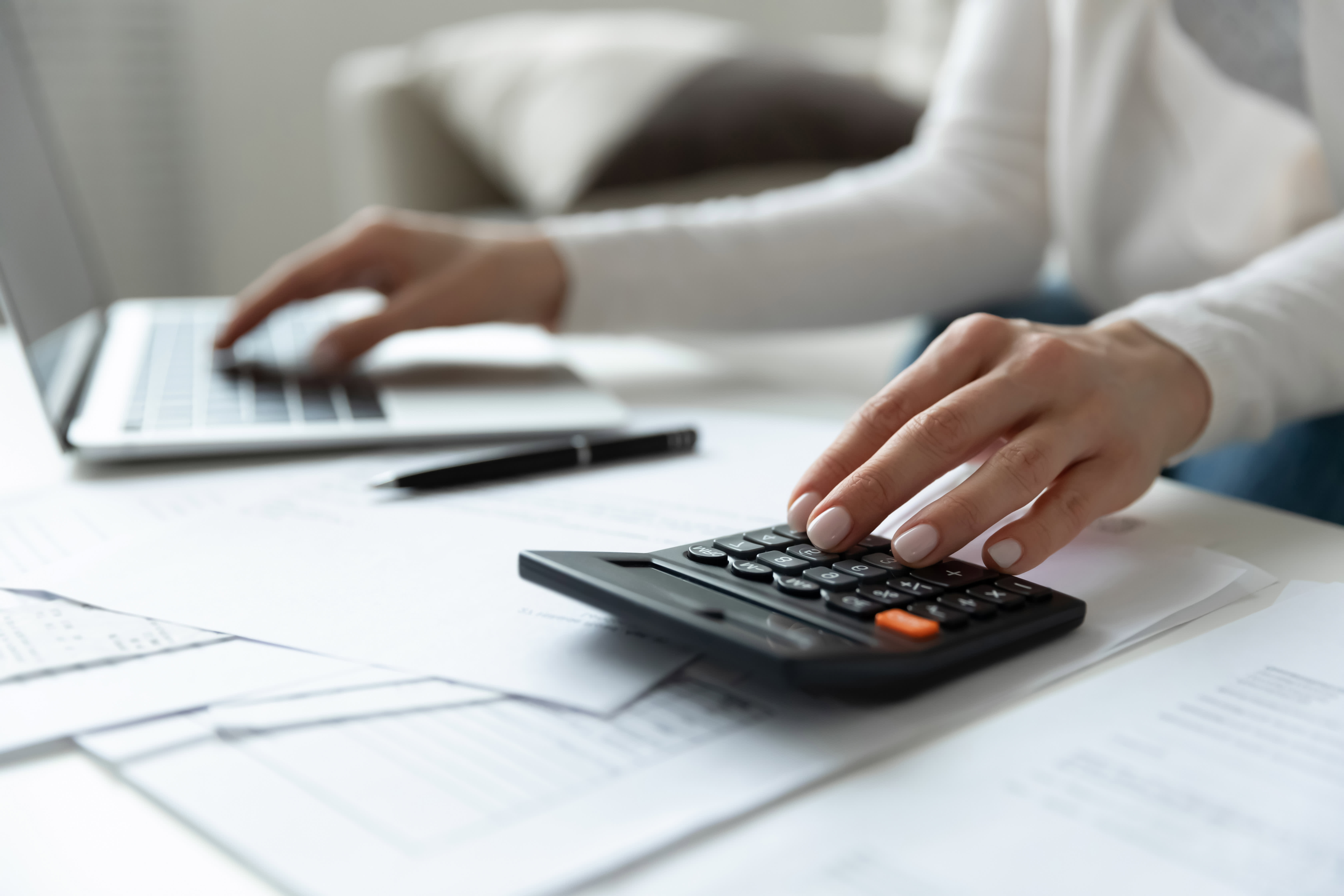Those with private student loans find themselves in a difficult situation during the pandemic.
fizkes | iStock | Getty Images
The U.S. Department of Education has said that people with federally held student loans don’t need to resume making payments until 2021. For the millions of Americans with private student loans, the bills are still due.
The private student loan market stands at $130 billion today, and has grown more than 70% over the last decade, according to the Student Borrower Protection Center. At the end of 2019, Americans owed more in private student loans than they did for past-due medical debt or payday loans.
Even though the federal government hasn’t taken any sweeping action to help those with private student loans amid the coronavirus pandemic, borrowers may still have options.
“The first thing borrowers should do is speak directly to their lender and explain their situation,” said Will Sealy, co-founder and CEO of Summer, a company that helps borrowers simplify and save on their student debt.
More from Personal Finance:
These people won’t get Trump’s $300 unemployment benefit
Social Security cost-of-living adjustment may be 1.3% in 2021
Americans are raiding retirement savings during pandemic
Ask your lender what options are available. A temporary break from payments? Bills reduced based on your income?
“Borrowers should also be sure to ask about what fees or penalties might occur if they pursue any of the options their lender provides,” Sealy said.
For example, on top of the interest that will accrue, some private lenders charge a fee for you to put your loans into forbearance, said Betsy Mayotte, president of The Institute of Student Loan Advisors, a nonprofit that helps student loan borrowers with free advice and dispute resolution.
Several lenders, including Earnest, EdFinancial and SoFi, have recently partnered with state governments to provide relief options to private student loan borrowers, Sealy said.
Some of the accommodations include a 90-day forbearance and the waiving of late fees. You may have to show proof of unemployment for some of the measures, Sealy said.
And they’re not guaranteed.
“The larger, more traditional lenders tend to be the most rigid,” Mayotte said.
If your lender is unable to make an accommodation for you, it’s time to look at some of your other bills and debts, said Elaine Rubin, senior contributor and communications specialist at Edvisors.
You may want to cancel subscription services, gym memberships or reduce the cost of your phone bill. “If you’ve already done that, you should look at assistance programs out there to help you with some of your everyday needs,” Rubin said.
With interest rates at record lows, it might be a good time to refinance your private student loans, Sealy said. Doing so can lower your monthly payment, but you’ll typically need a good credit score and not too much outstanding debt.
If you don’t make payments on your private student loans, they can go into default.
“The default can remain on your credit report for years and damage your ability to borrow for a car or a home, or even to rent an apartment,” Sealy said.
Borrowers also risk facing large collection fees, aggressive collection practices and lawsuits.
If you co-signed on a private student loan for someone who’s run into payment difficulty, you’re on the hook for the bills, Mayotte said.
Once the borrower gets back on their feet financially, however, you can see if they can refinance their loans to get you removed as a co-signer, or check if the lender has a co-signer release program, she said.
“If the co-signer is in a difficult financial situation, they can ask the lender for financial relief, too, just as the primary borrower should have,” said Mark Kantrowitz, publisher of SavingForCollege.com.
